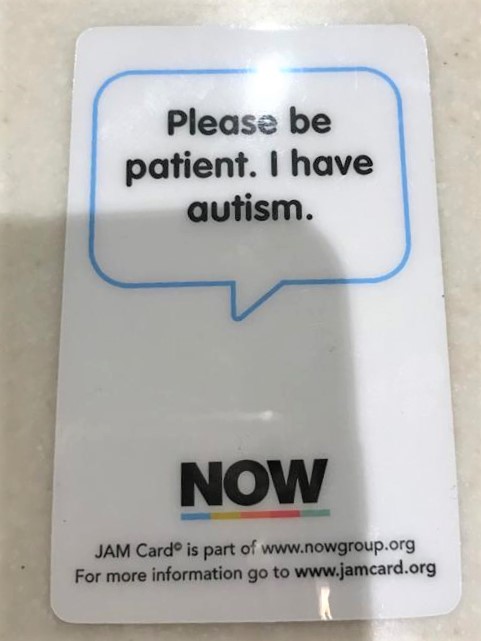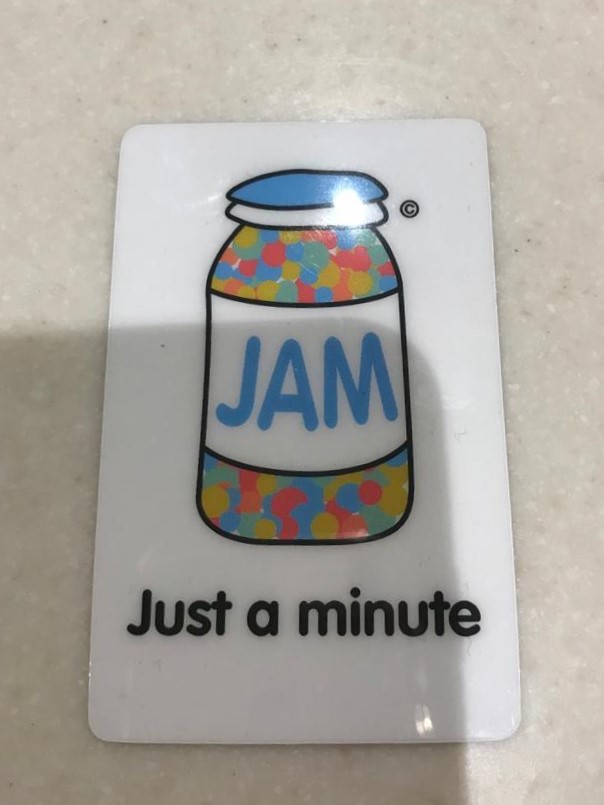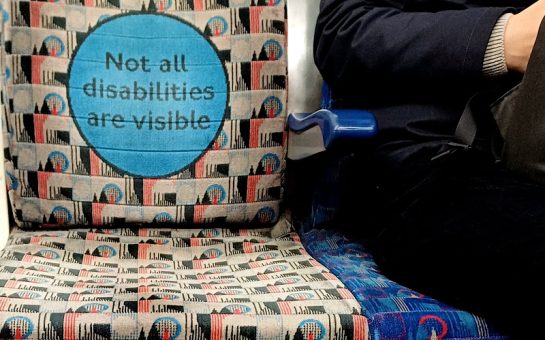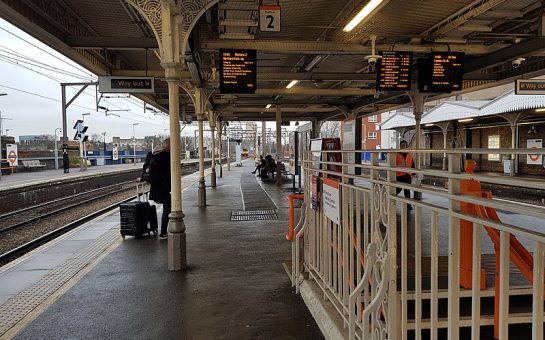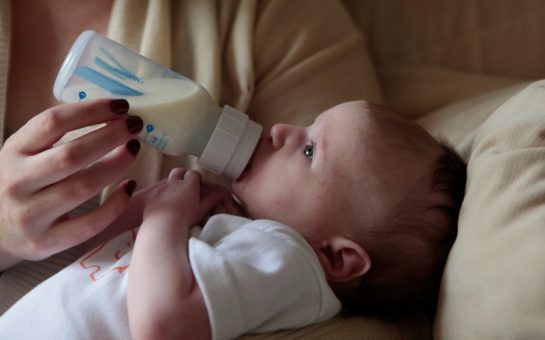COVID-19 testing has become a notoriously unpleasant experience, even for those with a high pain threshold.
For people with autism, however, heightened senses can make getting tested a difficult and distressing ordeal.
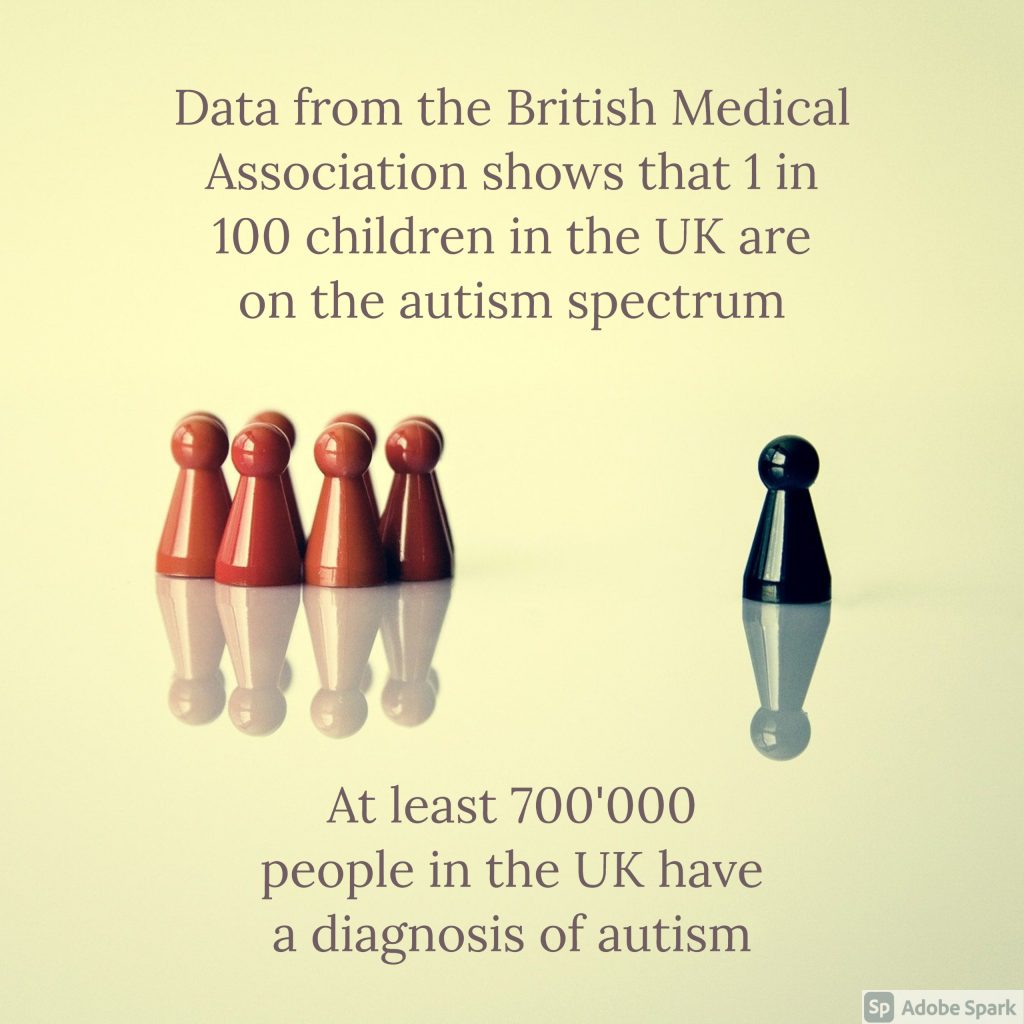
What supports are in place in the UK to help people with autism who require a COVID-19 test?
According to Kevin Harrison, the father of 14-year-old Daniel who was diagnosed with profound autism, there are not many.
Daniel attends a special school for children with autism, which recently informed parents and carers that if they would like their children to continue attending school, they will need a negative COVID-19 test.
The school advised parents that they will offer mass testing to all staff and then to any pupils over the age of 11 who can administer the test themselves, or with minimum prompts and encouragement.
“It’s the most ill-founded idea I’ve ever heard,” Kevin said.
“Daniel has sensory issues around his mouth and face, so he just will not accept anything being put into his mouth.
“It’s hard to brush his teeth and we can’t even take him to get shoes fitted, so putting a swab to the back of his throat for 15 seconds just isn’t realistic.
“Queuing is definitely an issue with test centres – if Daniel had to stand in a queue he wouldn’t tolerate it and would have a meltdown.
“If he did have to get a test it would have to be in a setting where he didn’t have to wait in line or in a car queue, and I’m not sure if this would be possible at the moment.”
Mary McCann works as a tester at one of London’s rapid testing centre and explained what kind of guidance training testers are given in assisting people who may have additional needs.
She said: “In my experience, we only get trained on how to direct someone to do the test themselves.
“I suppose it is expected that if someone were unable to do the test themselves, then they would have a parent or carer with them.”
Una Byrne lives in the Republic of Ireland and had to bring her son, Ciaran, who is 21 and has profound autism, to get tested at a drive-in test centre.
She said: “Luckily Ciaran has what’s called a Just a Minute (JAM) card that he can use if he is in a situation and gets distressed. It lets others in the situation know that he has autism, and they need to be patient with him.
“I held both of his hands when the tester put the swab down his throat and that was okay. It was the nose swab that really bothered him.
“I had to hold the back of his head so that they could put the swab up his nose, and he really hated it and got quite upset.
“We used a social story to explain the process to Ciaran beforehand with photos, but it’s almost impossible to test people with high-spectrum autism because it’s a sensory overload.”
Like the social story Ciaran used, the National Autistic Society has a variety of autism-friendly resources on their website for anyone who may need to get tested.
Simon Bignell, lecturer in psychology in the University of Derby said: “As early as April last year the Government published guidance on supporting autistic people with coronavirus.
“However, for many people with autism, the anticipation can be worrying, the sensations distressing, and the wait to find out the test result frustrating.”
Dr Bignell also explained the neuroscience behind why COVID testing can be a tormenting ordeal for people with autism.
He said: “Testing children and adults with autism for COVID differs from testing ‘neurotypical’ people. For example, having autism can mean that a person is over-sensitive or under-sensitive to a wide range of stimuli.
“Sensory sensitivities and possibly some difficulty understanding why the discomfort may be necessary may make the experience particularly difficult, especially when a person also has learning difficulties.”
Pointing to other countries, it is evident that the Government could in fact be doing more to help autistic people throughout the pandemic.
In Canada last December, two children’s hospitals joined forces, supported by Ontario Health, to set up two specialist COVID-19 testing centres for children with medical and developmental conditions, including children with autism.
There is no sure way of knowing how long the coronavirus pandemic will last.
For children like Daniel and parents like Kevin and Una, providing specialist testing services would allow for more certainty for those who rely on it most.
